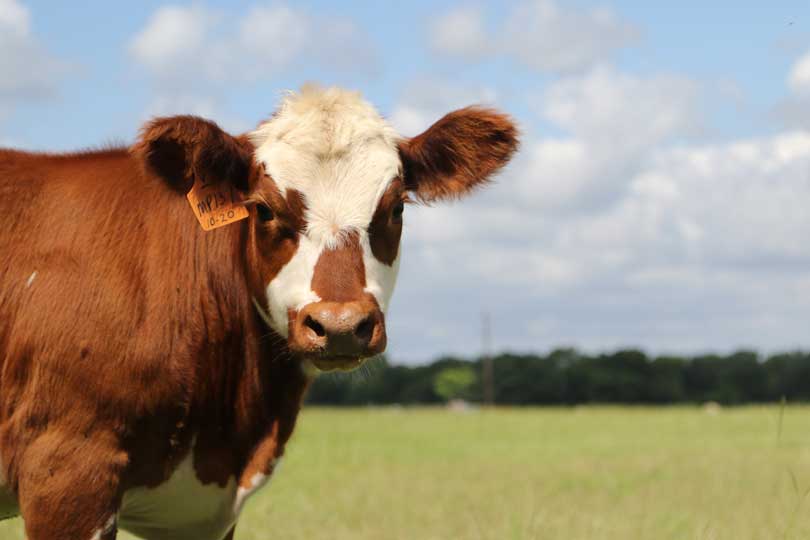An official manual for the Beef Quality Assurance (BQA) program is being distributed nationwide throughout the cattle industry. The manual and the BQA program are both managed by the producer education team at the National Cattlemen’s Beef Association, a contractor to the national beef checkoff.
The 124-page manual addresses topics such as food safety, animal well-being, worker safety and environmental stewardship. It provides specific information to help ranchers approach management decisions in a way that acknowledges a responsibility to the animals, consumers, the environment and the larger beef industry.
The manual includes the most current set of key practices, guidelines and suggestions for providing thoughtful and responsible cattle management. A helpful resource for ranchers and others in the industry, it is the foundation for training and certification programs offered nationally and by many states.
“In the Beef Quality Assurance program, we have a slogan that the right way is the only way,” said BQA Advisory Group Chair Bob Smith, DVM. “At the same time, we recognize that no two cattle operations are the same. And no program or manual could ever compile all of the “do’s” and “don’ts” that would completely constitute the ‘right way.’”
Smith said this manual instead outlines a way of thinking for ranchers—a guideline for approaching decisions with thoughtfulness and care. He says following the easy-to-understand manual will lead to both a stronger individual cattle operation and a more vibrant, respected and robust cattle industry.
The BQA program is a cooperative effort between ranchers, veterinarians, nutritionists, Extension staff and other professionals from veterinary medical associations and allied industries. It’s goal is to assure consumers that all cattle shipped from a beef production unit are healthy, wholesome and safe; their management has met FDA, USDA and EPA standards; they meet quality requirements throughout the production system; and are produced using animal well-being, worker safety and environmentally-sound production practices.
It has six objectives focused on production standards, data retention, hands-on training and education, technical assistance and maintaining a foundation of continuous improvement and responsible cattle management.
BQA encourages cattlemen and women to use all reliable sources and information and take actions that will accomplish BQA program’s goals and objectives. In addition, the BQA recommends the use of common sense, appropriate management skills and accepted scientific knowledge to deliver the highest levels of animal stewardship and the production of quality, healthy and safe products.
To view the new BQA manual or become BQA certified, visit BQA.org.

